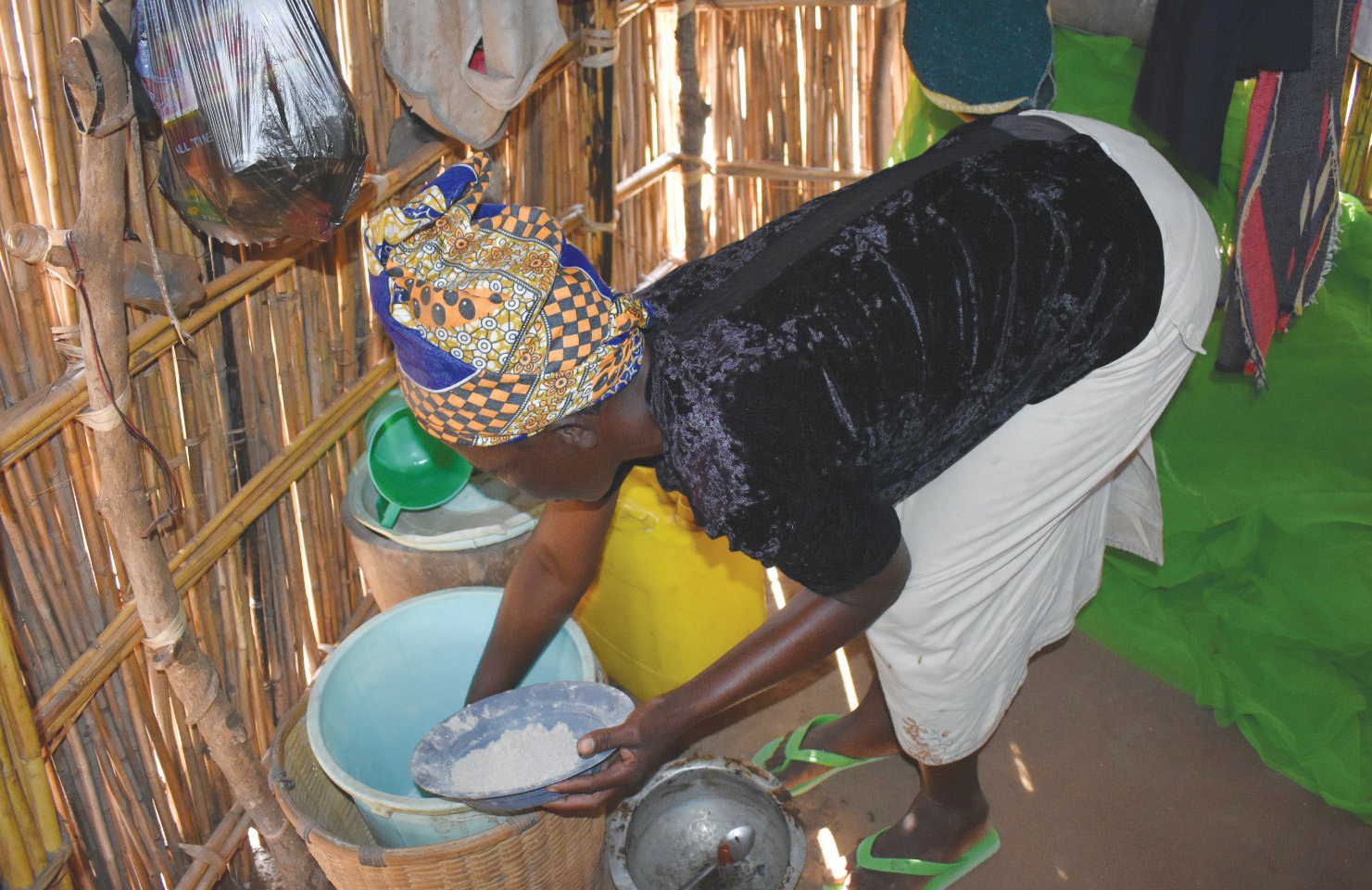Survivors back in flood zones
The closure of Major Kalupsa Camp in Nsanje has brought more terror than relief in the life of Kelita Ntchanganiko, 20.
The woman fled to an overcrowded camp at night on January 25 when floods induced by Tropical Storm Ana destroyed homes and displaced villagers in Kalupsa.

Like other 2 360 survivors in Traditional Authority Mbenje, she only had the clothes she wore that night.
“What mattered most was to be alive,” she says.
Ntchanganiko and her husband fled around 11 pm before the floods ripped their home and swept away their belongings.
The three-day torrents forced Nyamphende River to break its banks, destroying 476 houses in the area. This has become a familiar tragedy for communities along the shallow, silted river which splits heavily deforested hills and floodplains.
Kalupsa Village Civil Protection Committee chairperson Allan Kusitodyo says this is the second time the area has flooded since 2019.
“The worst flooding occurred this year when almost 500 families lost their homes and belongings. The tragedy crushed livelihoods of many, deepening hunger and poverty in the area reeling from last year’s drought,” he says.
The rainstorm affected about one million people and displaced ground 25 000 families, according to the Department of Disaster Management Affairs.
Ntchanganiko found solace at the congested camp.
“Life was hard, but we had peace of mind knowing we had moved upland and floods would not get there. I made my mind not to return to the lowland where floods ruthlessly destroyed our homes. I did not want a repeat.”
Now the woman and her family are back in the way of floods that are getting more frequent and devastating amid climate change.
When government decommissioned camps, Ntchanganiko, like many survivors in the Shire Valley districts of Nsanje and Chikwawa, demanded to relocate to higher grounds.
Bertha Simenti, a 43-year-old mother of four at Dolo Camp, says their desire to shift from the areas often flooded by the silted Kanseche and Chingondo rivers is not an option.
Chikwawa district commissioner Ali Phiri and Dodma commissioner Charles Kalemba told The Nation that the government would identify a safer settlement for the displaced if they really want to leave disaster zones.
But as these camps closed last week the survivor need has not been met.
Ntchanganiko and Simenti rue their return to ‘the valley of death”.
“The area is not safe and we may not be lucky next time,” she laments, washing dishes outside her makeshift home next to the rubble of what was her house.
Her neighbour Joyce Mofolo, 52, wishes she had money to buy land away from the flood-prone valley, but her wait for a safe home continues.
“There is nothing productive I can do in a place where I lost my possessions unless I settle somewhere for a real fresh start,” says the mother of three.
A safer place upland costs between K100 000 and one million kwacha.
Ntchanganiko and others say they are in poverty and should relocate for free.
Major Kalupsa Camp secretary Collins Manyozo says they also need more food assistance and building materials to recover quickly from the tragedy.
He says: “Our houses were destroyed while food and crops were buried in mud. We ask for more food, building materials and resources to revive our income generating activities for sustainable recovery.”
Manyozo hopes the businesses will generate money for buying land if authorities fail to relocate them.
Luckily for these survivors and 6 000 others in Chikwawa and Nsanje, they recieved support to rebuild their lives and meet immediate needs.
Bankrolled by European Commission Humanitarian Aid and Civil Protection Office, Oxfam in partnership with Catholic Development Commission (Cadecom) distributed assorted items and K30 000 cash to the displaced households as starter packs.
While commending the intervention, the beneficiaries have also asked for farm equipment and inputs.
“In addition to the package, give us hoes, sickles, potato vines, maize and rice seeds because the waters took everything,” says Sofia Kumisale, a mother of eight.
Oxfam communications manager Daud Kaisi says they are committed to provide life-saving materials to the survivors to recover.
He says: “We have been supporting them since the disaster occurred. The cash and the items are meant to empower them to start rebuilding their lives.”





